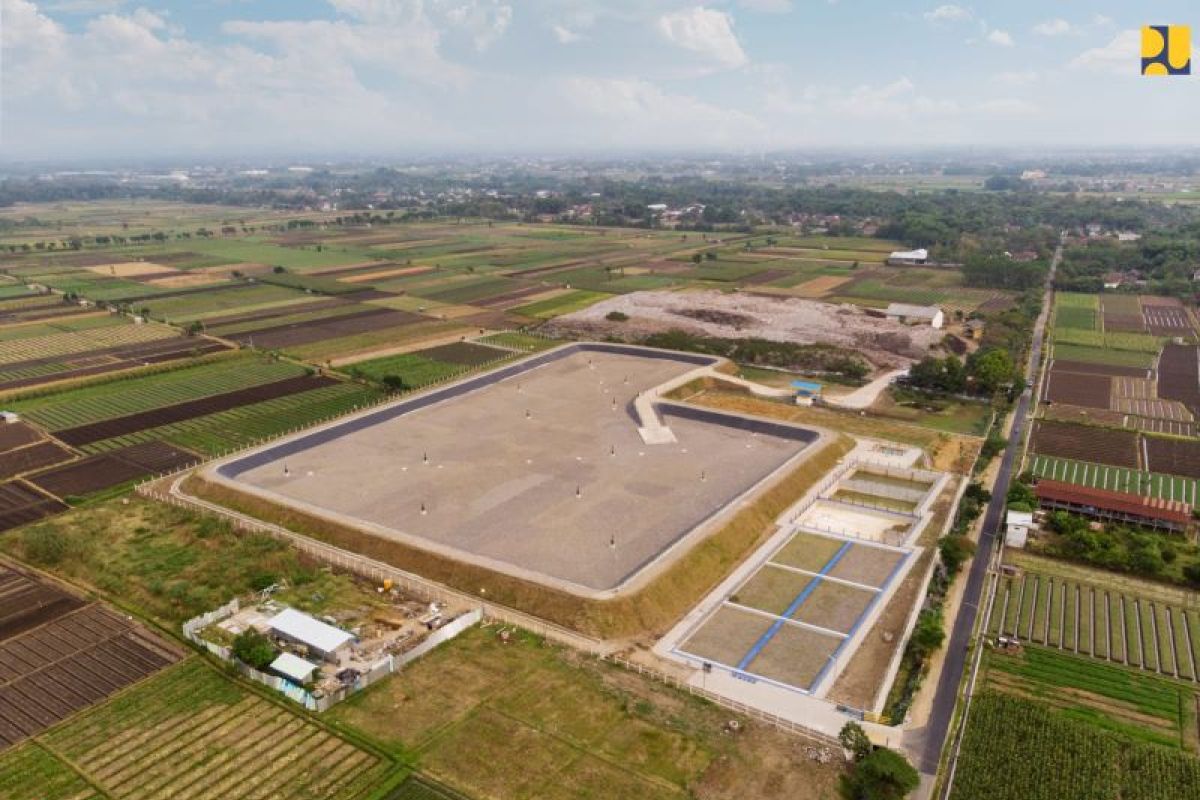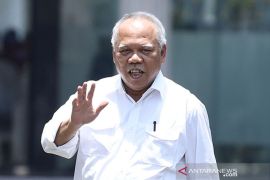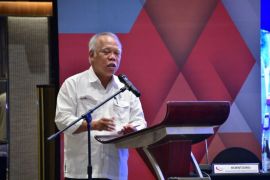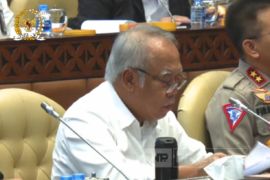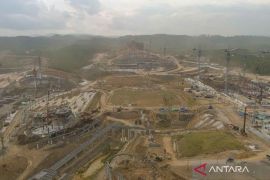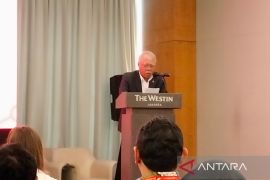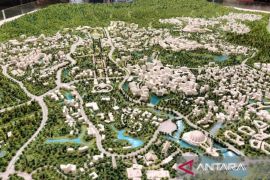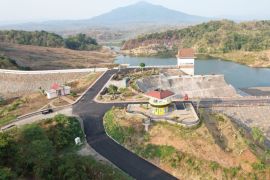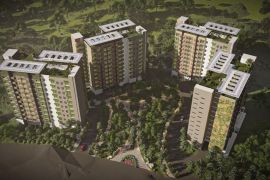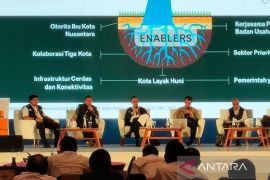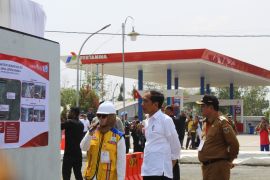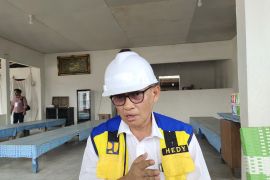PUPR Minister Basuki Hadimuljono stated that the waste management problem in East Java can be addressed through the two aspects of structural handling by building solid waste infrastructure and non-structural handling, such as by encouraging a clean and healthy living behavior in the community.
“The construction of municipal/district-scale waste processing infrastructure is considered effective if the waste volume is not too high. Support from the district or city governments is also needed, especially in providing land," Hadimuljono noted in a press statement received here Tuesday.
The three TPAs that were revitalized are the Supit Urang TPA in Malang City, Jabon TPA in Sidoarjo District, and Sekoto TPA in Kediri District. Development of the three TPAs uses a sanitary landfill system to minimize the impact of water, soil, and air pollution to become more environment-friendly.
Development of the Supit Urang TPA sanitary landfill system has been conducted since July 2018 and completed in 2020. This TPA, with a capacity of 953,340 cubic meters, can handle 707,015 Malang residents' household waste, equivalent to 400 tons per day.
Waste management of the sanitary landfill system at the Supit Urang TPA begins with weighing waste and sorting organic, inorganic, and residual waste.
Organic waste is processed through a composting facility, with a maximum load of 15 tons per day. Inorganic waste will be sorted manually in a sorting area, with a capacity of 35 tons per day. Meanwhile, residual waste will be stored in landfills and filled with soil when the load reaches the maximum limit.
Furthermore, the Jabon Garbage TPA in Sidoarjo became operational since 2020 by utilizing an area of 18.8 hectares to build a sanitary landfill system for waste processing. This TPA is able to process 1,650,000 cubic meters of waste.
Similar to the Supit Urang TPA, the Jabon TPA was built with the Emission Reduction in Cities–Solid Waste Management (ERIC-SWM) Program that is capable of handling household waste of 900 thousand Sidoarjo residents, or the equivalent of 450 tons per day.
The management system applies a sorting technique, with a capacity of 35 tons per day; composting, with a capacity of 15 tons per day; and a waste treatment plant (IPL), with a capacity of 300 cubic meters per day, with a service life of five to seven years.
Lastly, the Sekoto Waste TPA that was completed in 2021 is equipped with a control landfill system spread across four hectares of land. This TPA had been operated in nine sub-districts in Kediri with an open dumping system.
Financing for the Sekoto TPA is funded through the Multi Years Contract (MYC) scheme for the 2020/2021 State Budget, amounting to Rp31 billion. Sekoto TPA has a positive impact on the surrounding environment, including a reduction in pungent odor and a relatively clean river that was once polluted.
Related news: TPA to help lure foreign investors in upstream oil and gas
Translator: Aji Cakti, Resinta Sulistiyand
Editor: Rahmad Nasution
Copyright © ANTARA 2022
